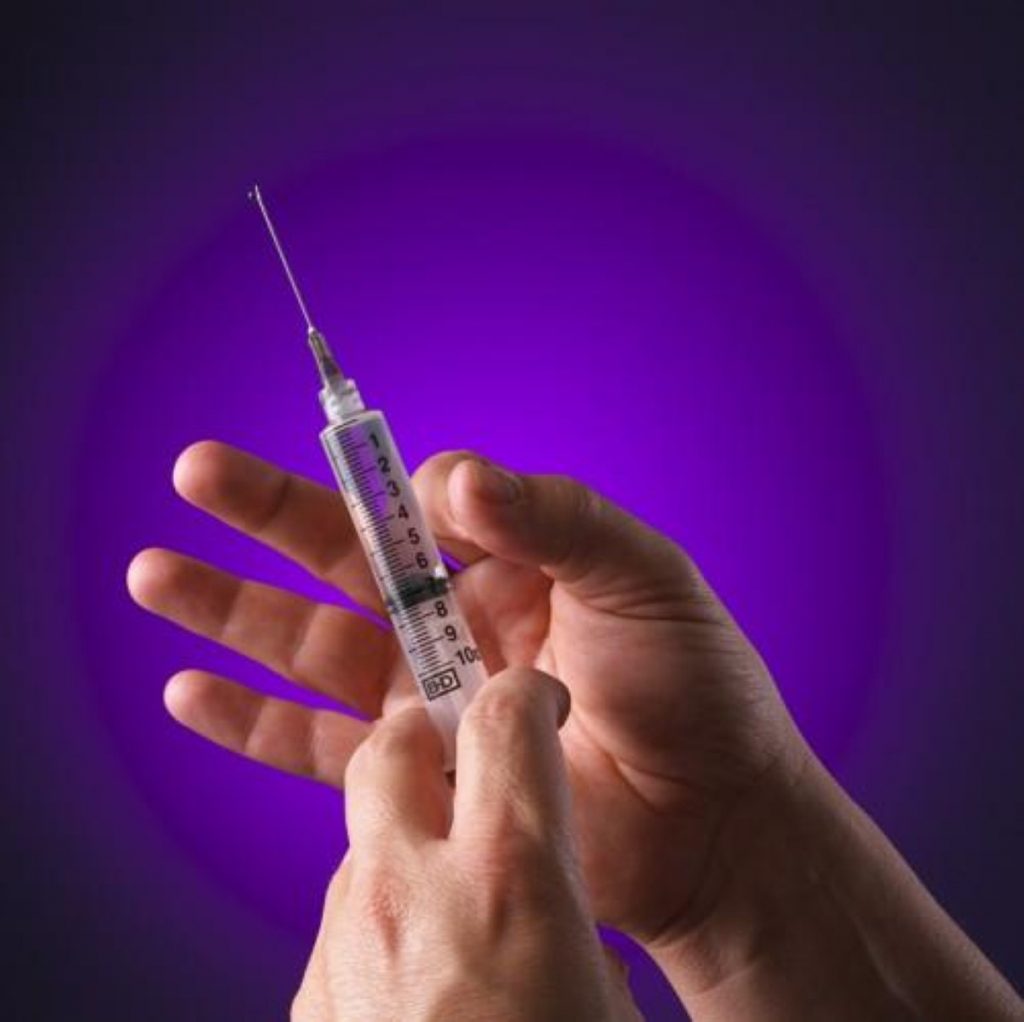Failures to report needle injuries endanger patients
By Liz Stephens
The majority of surgeons do not report “sharps injuries” according to a paper published by the Royal College of Surgeons today.
Only a quarter of surgeons follow proper procedures and report all their sharps injuries – perforations of the skin caused by needles, scalpels and other sharp instruments – putting themselves and patients at risk of potentially life-threatening blood-borne infections such as Hepatitis C, Hepatitis B, and HIV.
A large majority of the surgeons questioned by researchers at three hospitals in the UK had experienced one or more sharps injuries in the last year but most failed to report them.


More than a third of the surgeons said they did not report an injury if they considered the patient to be at a low risk of carrying an infectious virus.
A further third said they had no time and almost a quarter simply said they were not concerned.
John Black, President of the Royal College of Surgeons said: “While the probability of acquiring a blood borne infection remains low, the potential consequences are severe. In failing to report sharps injuries, surgeons are missing this opportunity for treatment, and masking the true scale of the problem.
“With a third of surgeons reporting they don’t have time to report sharps injuries, NHS Trusts should ensure their reporting systems are easy, quick and well publicised within the hospital,” he added.
One surgeon, who wished to remain anonymous, told politics.co.uk: “We can’t test patients before treating them – we have a duty to treat everyone. It’s an occupational hazard but the risks are much lower than other occupational hazards in this line of work”
“The risks are negligible to patients, the only people at real risk are the surgeons and we choose to work with these risks, however small.”
Early reporting and treatment of sharps injuries can significantly reduce the chance of acquiring infections, particularly HIV, according to a 2003 report published the Senate of Surgery of Great Britain and Ireland.

